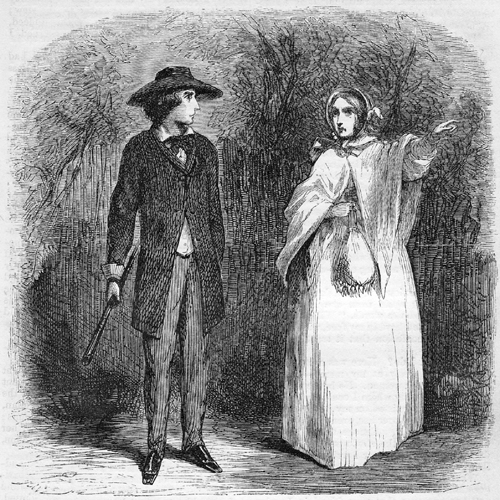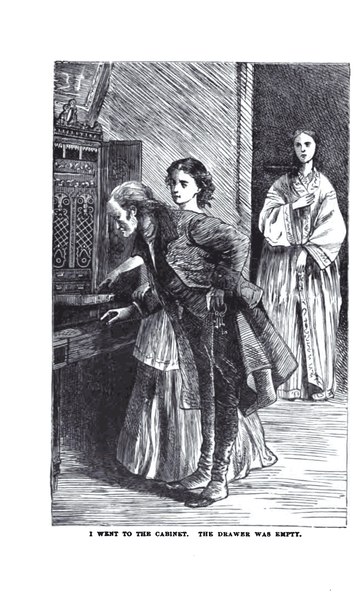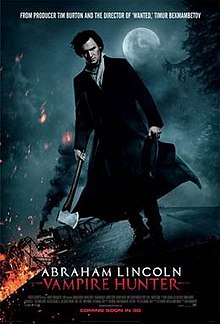Parce qu'il faut bien vivre et que c'est quoi qu'on en dise la forme la plus populaire de la littérature criminelle, vous prétendez écrire des whodunits que vous entendez faire diffuser à la télévision et regarder par le plus grand nombre. Etant moi-même un grand amateur de ce genre d'histoires (au point d'en faire le sujet de ce blog) je ne vous en ferai pas grief et j'apprécie l'initiative. J'apprécie moins, en revanche, ce qui en résulte.
Je sais que malgré sa popularité que j'évoquais plus haut, le whodunit n'est pas en odeur de sainteté auprès de ceux qui écrivent dans ce pays. On lui reproche son caractère mécanique, artificiel, éloigné de la vraie vie contrairement à ce genre si vrai et réaliste qu'est le roman noir. Mais à partir du moment où l'on choisit d'écrire dans un genre, il faut en respecter les règles même si c'est pour mieux les subvertir; or vous semblez en être incapables.
Contrairement au roman noir, le whodunit ne repose pas simplement sur une histoire, mais sur une intrigue. Cela suppose une construction, or vos tentatives sont tout sauf construites. Tout est aléatoire, gratuit, superflu, sans colonne vertébrale. La révélation finale est rarement une surprise, puisque rien ne la prépare et que vous ne cherchez pas vraiment à surprendre de toute façon. Il faut un coupable, alors vous tirez au sort. C'est du moins l'impression que cela donne.
Une autre règle du whodunit est que tous les indices doivent être fournis au spectateur. L'auteur ne doit pas cacher d'atouts dans sa manche. Eh oui, le whodunit est aussi un jeu. Mais impossible de "jouer" avec vous, puisque des indices vous n'en donnez pas du tout - ni au spectateur, ni même au détective. Celui-ci n'en a d'ailleurs pas besoin puisque (clin d'oeil à Maigret?) il/elle ne déduit jamais rien. La solution lui vient sur un plateau, généralement à cause d'une erreur de l'assassin ou d'une confession spontanée mais commode de celui-ci ou d'un témoin. Vous me direz que cela se passe souvent comme ça dans la sacro-sainte réalité. Je vous répondrai que cela ressemble surtout à un aveu d'incompétence.
 Et ne venez pas me dire que le whodunit n'est pas une tradition française; le genre a eu son "Golden Age" entre les deux guerres ici aussi, et se survit encore aujourd'hui avec des gens comme Paul Halter ou Fred Vargas (mais oui) Et vos prédécesseurs étaient tout à fait capables de construire des intrigues solides et cohérentes, revoyez n'importe quel épisode des Cinq Dernières Minutes avec Raymond Souplex si vous en voulez la preuve. Non, avouez-le, vous ne vous cassez pas la nénette parce que vous méprisez le genre, et surtout le public auquel vous vous adressez. Vous préféreriez écrire The Wire.
Et ne venez pas me dire que le whodunit n'est pas une tradition française; le genre a eu son "Golden Age" entre les deux guerres ici aussi, et se survit encore aujourd'hui avec des gens comme Paul Halter ou Fred Vargas (mais oui) Et vos prédécesseurs étaient tout à fait capables de construire des intrigues solides et cohérentes, revoyez n'importe quel épisode des Cinq Dernières Minutes avec Raymond Souplex si vous en voulez la preuve. Non, avouez-le, vous ne vous cassez pas la nénette parce que vous méprisez le genre, et surtout le public auquel vous vous adressez. Vous préféreriez écrire The Wire. Parfait. Envoyez donc votre CV à David Simon et travaillez pour Engrenages ou Braquo en attendant sa réponse. Mais par pitié, arrêtez de martyriser un genre qui ne vous a rien fait. Ou alors, ayez la dignité élémentaire de bien faire votre boulot.
Cordialement,
Xavier Lechard














